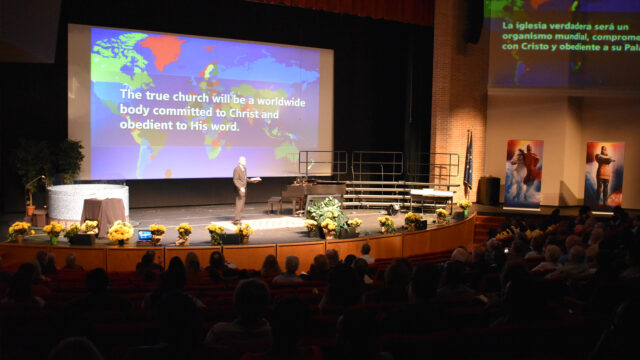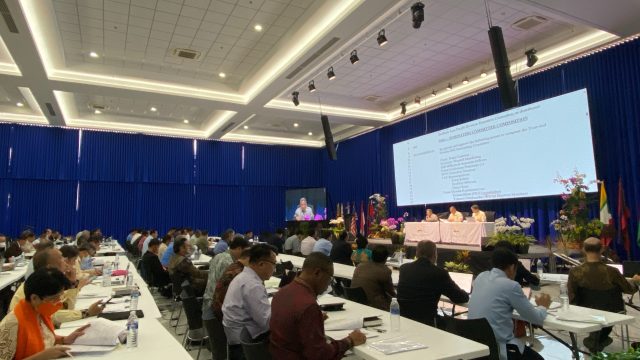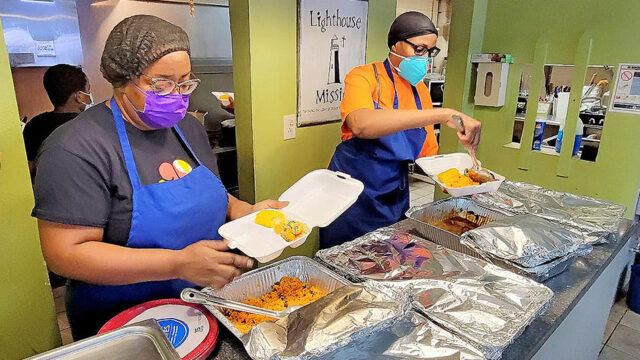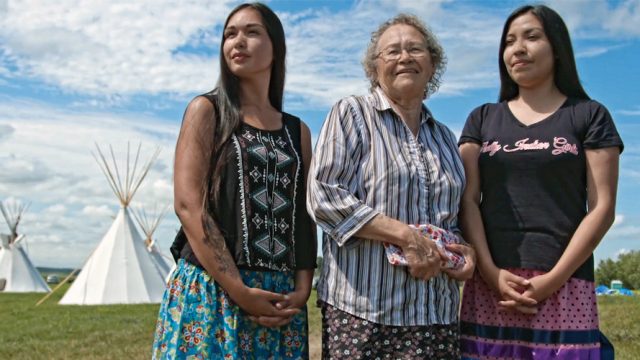Initiatives result in thousands asking for Bible studies and hundreds of baptisms.
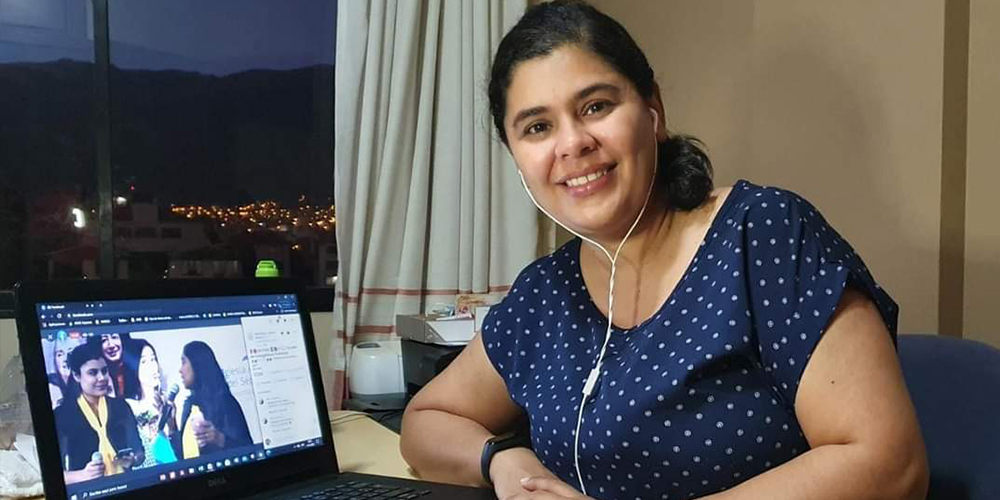
Seventh-day Adventist women in Bolivia have recently spearheaded evangelism efforts that have resulted in thousands of people asking for Bible studies and hundreds of baptisms.
The women’s ministries department in the Central Bolivian Mission (CBM), one of the church regions in that South American country, launched a women-led mission movement in late 2020 to reach out to those who haven’t met God. The final week of evangelistic meetings took place May 30-June 5, 2021.
In the first phase, women focused on praying and getting evangelism training from regional church leaders, which saw more than 500 women accept the call to preach and share the gospel with others.
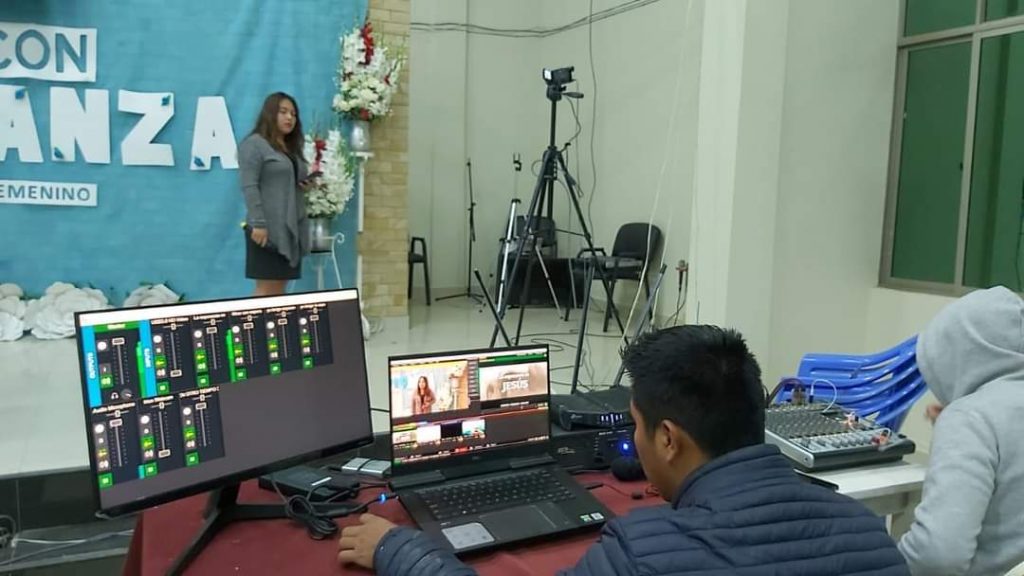
At the end of the training, the women began to apply what they learned, using their natural gifts and talents to engage with other people. “Adventist women gave Bible studies, made phone calls, and provided community help and visitations,” regional leaders reported. The women also used online tools and technology to reach out and connect with others.
Under the motto “Look Forward with Hope,” 1,311 women were involved in the final week of evangelism in 123 preaching centers across the region. According to leaders, 1,114 people asked for Bible studies, and hundreds who have been studying the Bible for months asked to be baptized.
Adapting to a New Reality
The Adventist women’s initiative in Bolivia is part of an overall strategy of the Adventist Church in the South American Division (SAD) even amid a lingering pandemic, leaders said. It also highlights the increasing importance of technology and focused training to achieve better results.
Church leaders shared that Adventist churches and offices across the region are investing to adapt to ever-changing circumstances. For example, they reported, regional leaders have been investing in digital content for some years now. “When the pandemic hit, there was already a structure ready to meet that demand. And the new initiatives attracted new audiences,” they said.
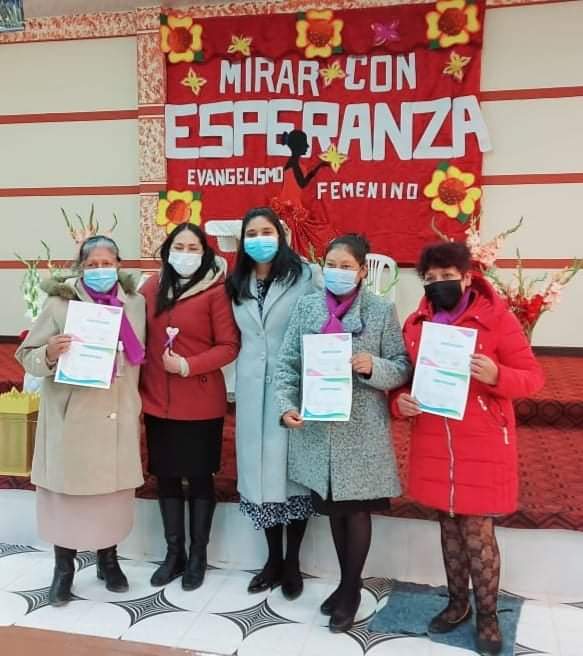
“Many people who knew Adventists but had some misgivings about visiting a church were able to see how it works and had the opportunity to participate and get involved,” Carlos Magalhães, SAD Digital Strategies director, explained. “Also, people who had been members in the past but had left felt encouraged to reconnect.”
For SAD communication director Rafael Rossi, it is essential to focus on initiatives that seek to combine traditional methods with technology to connect with people where they are. “I like to think that the internet is a network of people, not of computers,” Rossi said. “We must go out to meet people and not passively wait for them to seek us.”
Anne Seixas contributed to this report. The original version of this story was posted on the South American Division Spanish-language news site.


